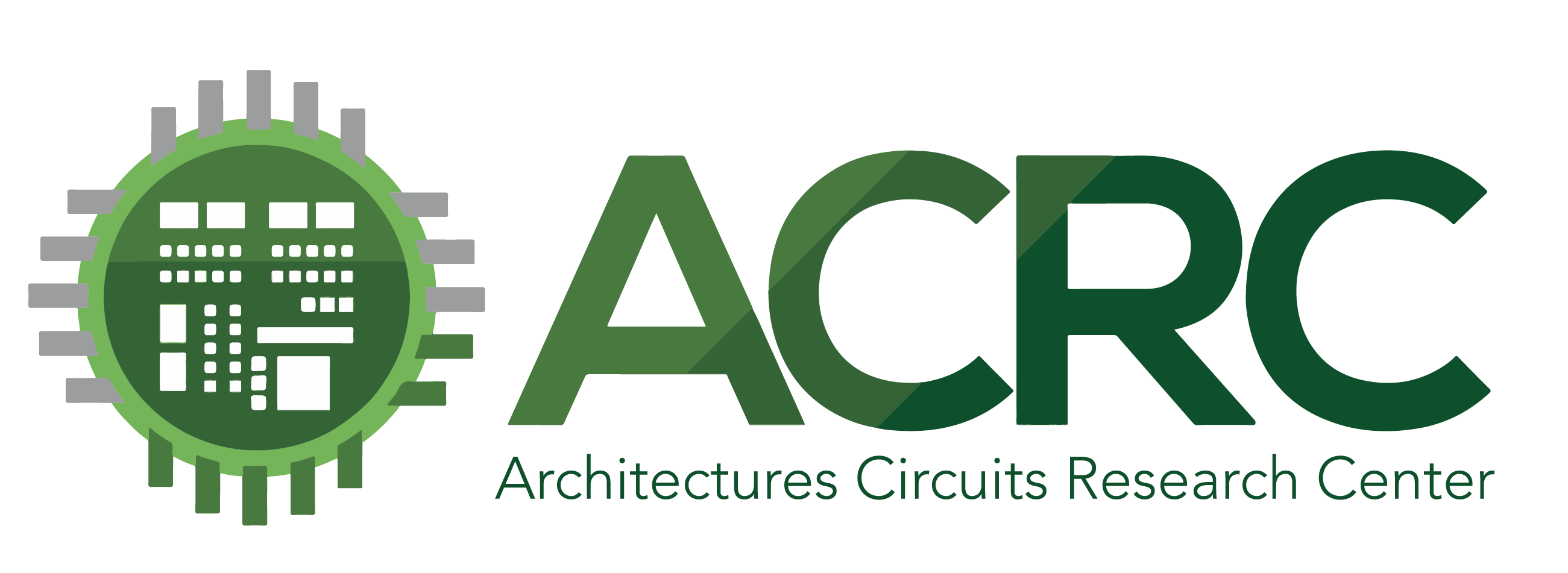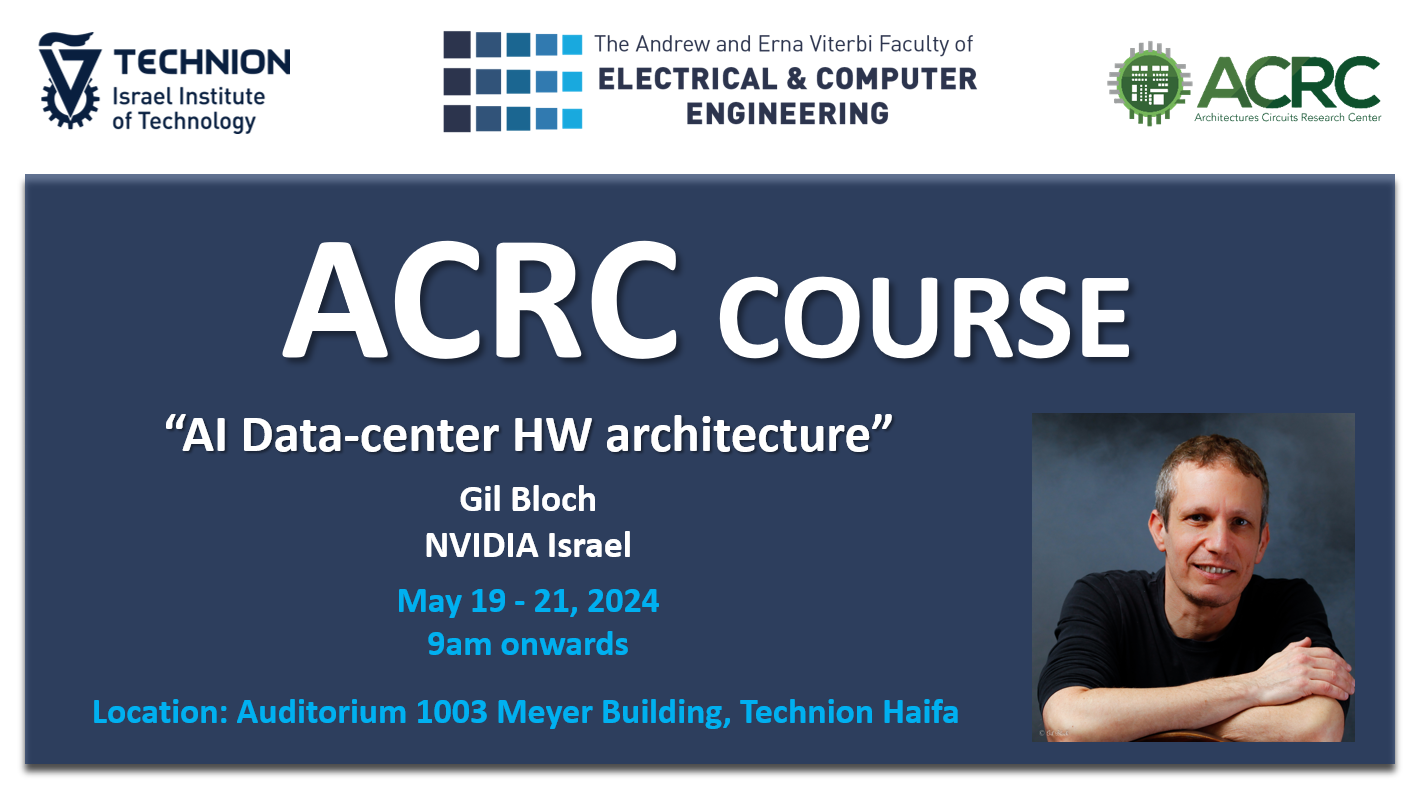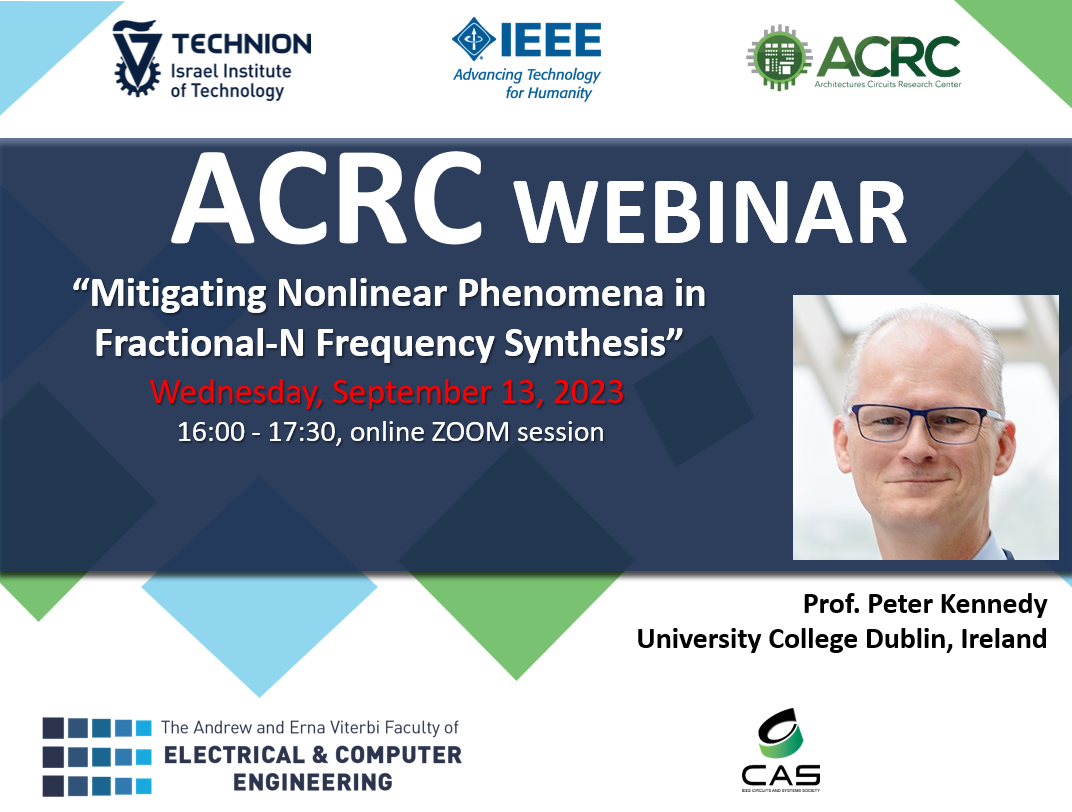Abstract:
Piezoelectric vibration-to-electricity conversion provides a feasible solution to self-sustainability due to its relatively high power density, wider voltage range, and the compatibility with IC technology. In the past decade, we have seen a booming of various interface circuits developed for piezoelectric energy harvesting. The drastic difference between the operating speed of integrated circuits and mechanical vibrations provides a perfect venue for performing nonlinear switching and control in the interface operation with low power, allowing orders of magnitude of improvement in power extracting ability.
This tutorial will cover a wide range of state-of-the-art interface designs and MPPT methods for piezoelectric energy harvesting, while emphasizing the circuit implementation considerations. Specifically, after describing the basic full-bridge and half-bridge rectifiers, the Synchronized-Switch-Harvesting (SSH) technique that is the foundation of all modern nonlinear interface circuits will be introduced. Two major categories, namely, the open-circuit and the short-circuit structures, are then discussed in details. After that, the common MPPT algorithms and implementations will be reviewed. This talk will also cover topics such as non-resonant operations and multiple-input piezoelectric energy harvesting systems.
Bio:
Ping-Hsuan Hsieh received the B.S. degree in electrical engineering from National Taiwan University, Taipei, Taiwan, in 2001, and the M.S. and Ph.D. degrees in electrical engineering from the University of California, Los Angeles, Los Angeles, CA, in 2004 and 2009, respectively. From 2009 to 2011, she was with the IBM T.J. Watson Research Center, Yorktown Heights, NY. In 2011 she joined the Electrical Engineering Department of National Tsing Hua University, Hsinchu, Taiwan, where she is currently an Associate Professor. Her research interests focus on mixed-signal integrated circuit designs for high-speed electrical data communications, clocking and synchronization systems, and energy-harvesting systems.
Prof. Hsieh served in the Technical Program Committee of the IEEE International Solid-State Circuits Conference, and is currently a member of the Technical Program Committees of the IEEE Asian Solid-State Circuits Conference and the IEEE Custom Integrated Circuits Conference. She served as an Associate Editor for the IEEE Internet of Things Journal from 2014 to 2018, a Guest Editor for the IEEE Journal of Solid-State Circuits Special Issue in 2021, and is currently an Associate Editor for the IEEE Open Journal of Circuits and Systems and IEEE Solid-State Circuits Letters.
Date: 08/04/2024
Time: 14:00 – 15:30 Israel Time
Important: the webinar is free of charge but registration is required
For more details and updates on the series of “ACRC Semiconductor Webinars” please follow our newsletters and our website





